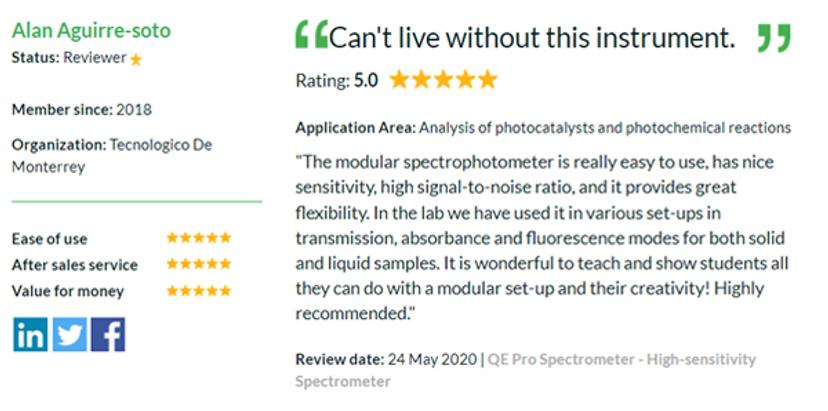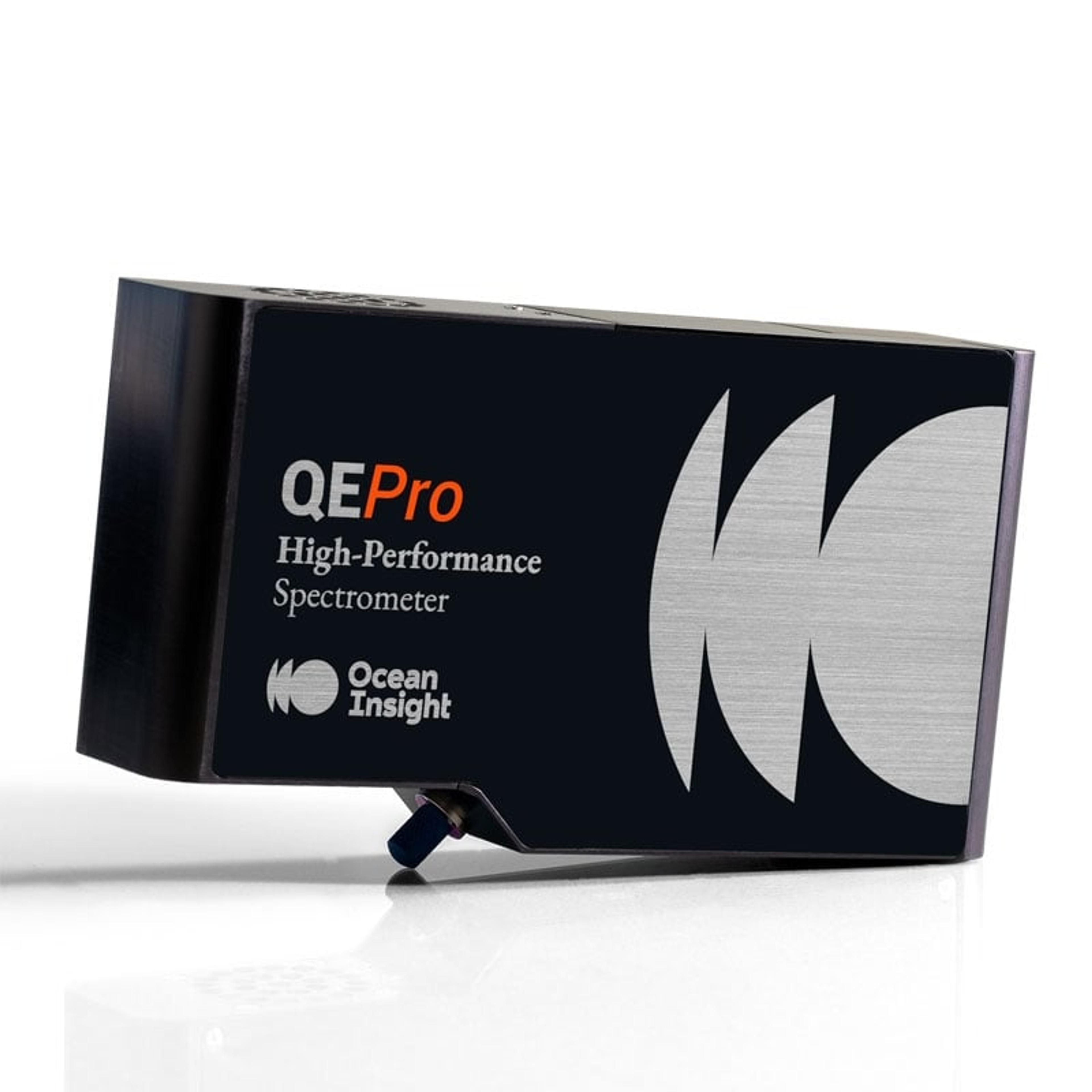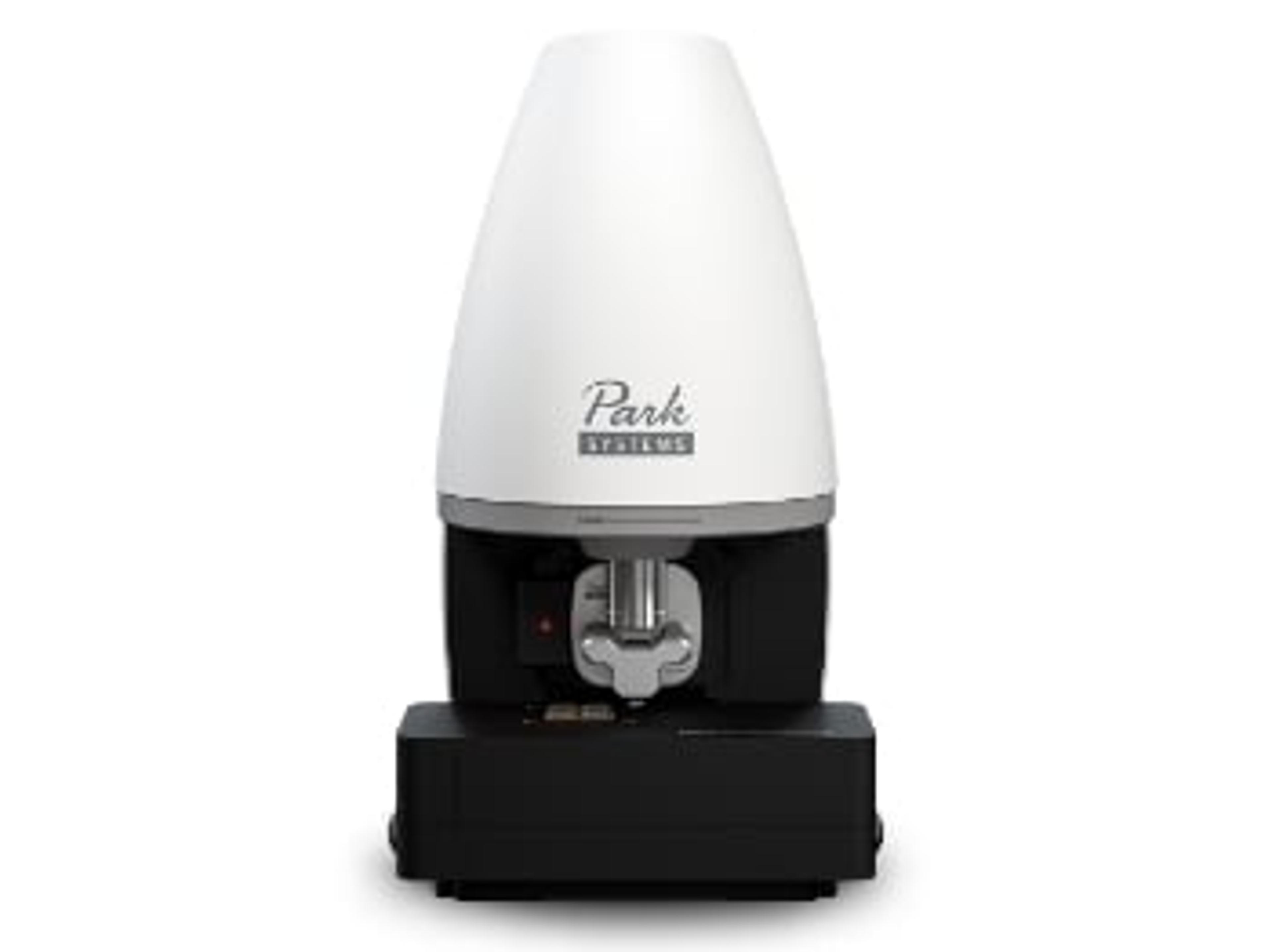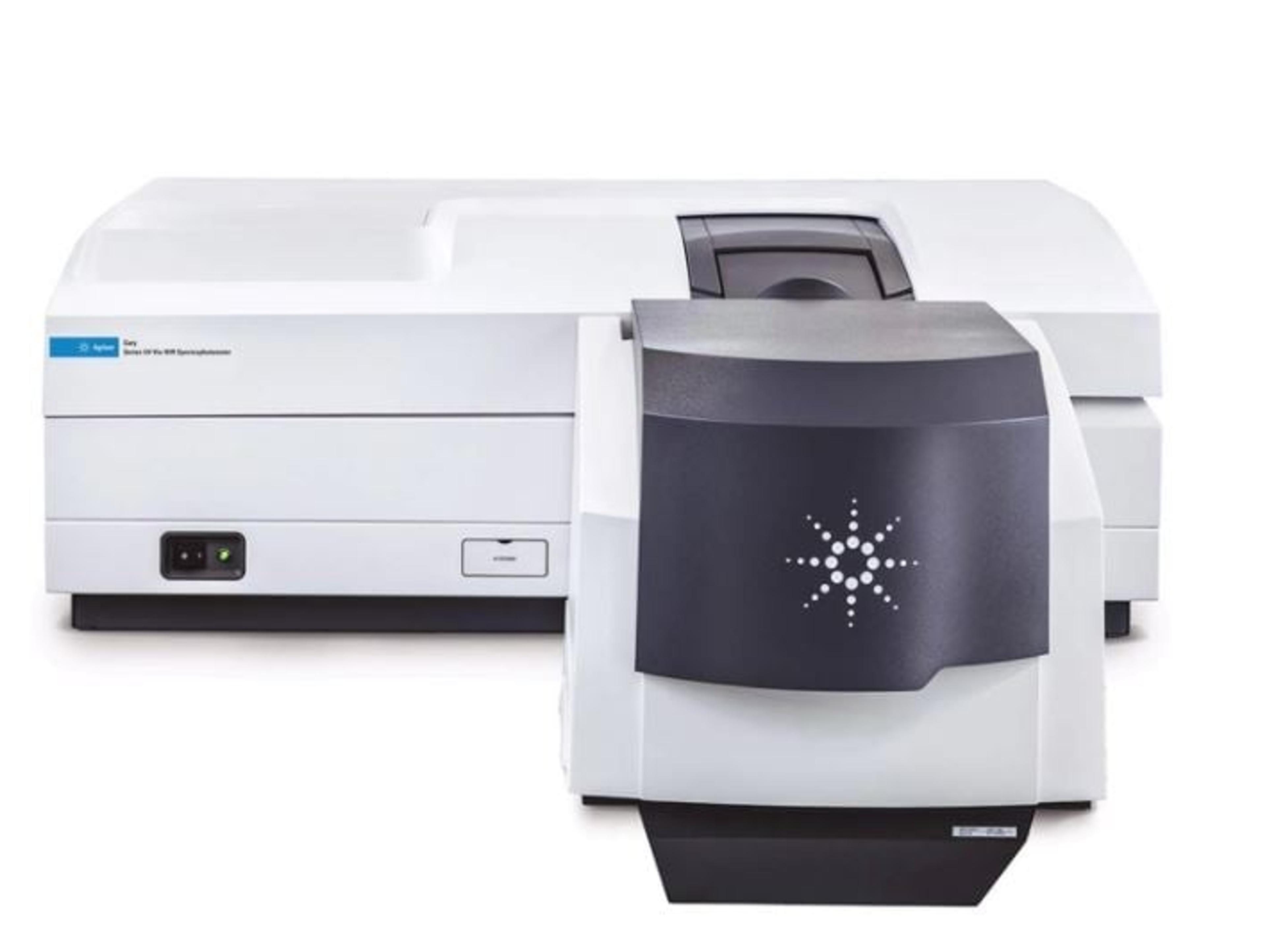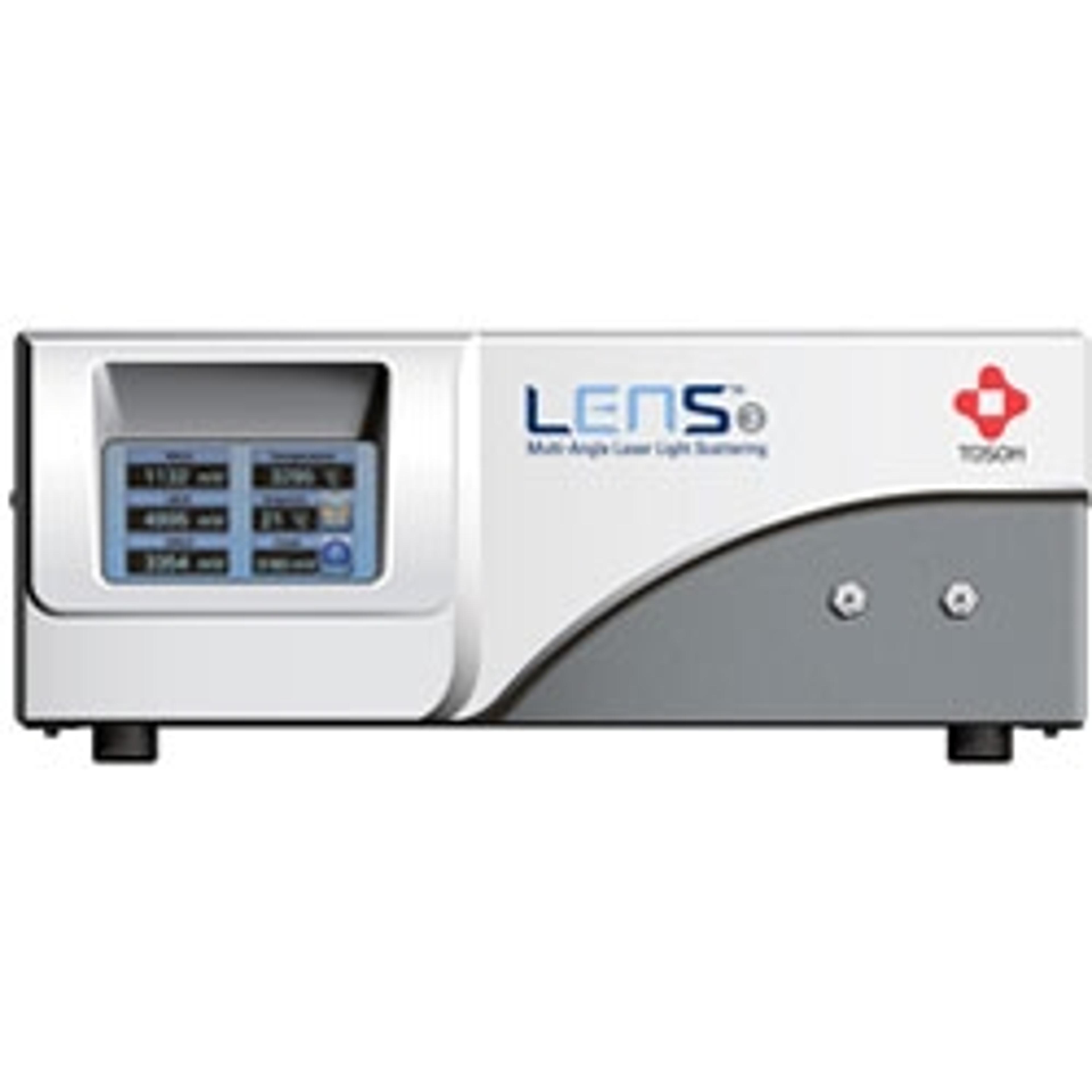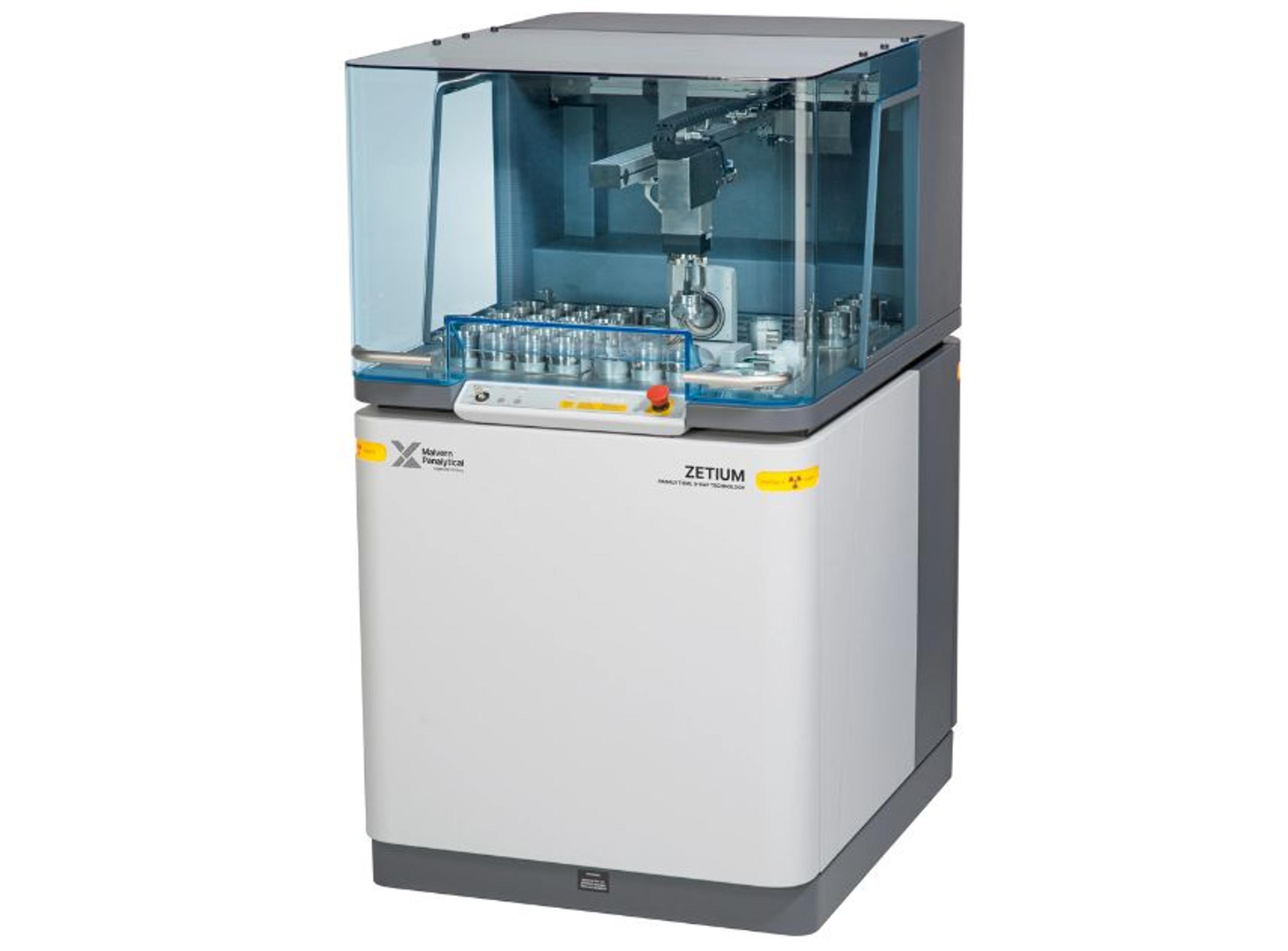Explore the latest technologies advancing materials characterization
From battery material research to real-time reaction monitoring, macromolecule analysis and more, advance your materials characterization with these free resources
22 May 2022

We have entered a true materials revolution, where a growing demand for faster, cheaper, and higher quality materials is continuing to accelerate like never before. New technological developments and discoveries in the field have shaped the way we use, implement and study materials. Scientific advancements have enabled researchers to break down boundaries by developing more efficient solar panels, batteries, coatings and semiconductors, as well as highly sensitive 2D materials and, in continuing to comply with Moore’s law, faster transistors and smartphones to meet the ever-growing demands of the modern day.
In this new special feature, explore the latest technologies and download free resources to accelerate your materials research. Find out how to measure multi-angle transmission without sample repositing, and learn how XRF spectroscopy can be used to perform elemental composition analysis of cathode materials. Plus, explore how light scattering techniques can overcome challenges with macromolecule analysis, discover how Raman spectroscopy can be utilized in real-time reaction monitoring, and much more.
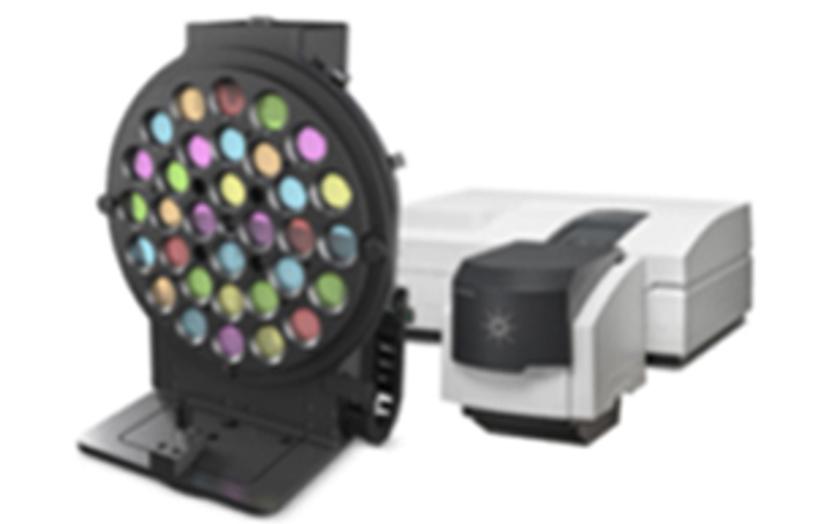
OPTICAL COMPONENT TEST:Measure multi-angle transmission and eliminate systematic errors
Manufacturers of multilayer optical coatings require reliable methods to measure optical performance. Discover the Cary 7000 UMS from Agilent, designed to measure multi-angle transmission and absolute reflection without sample repositioning.
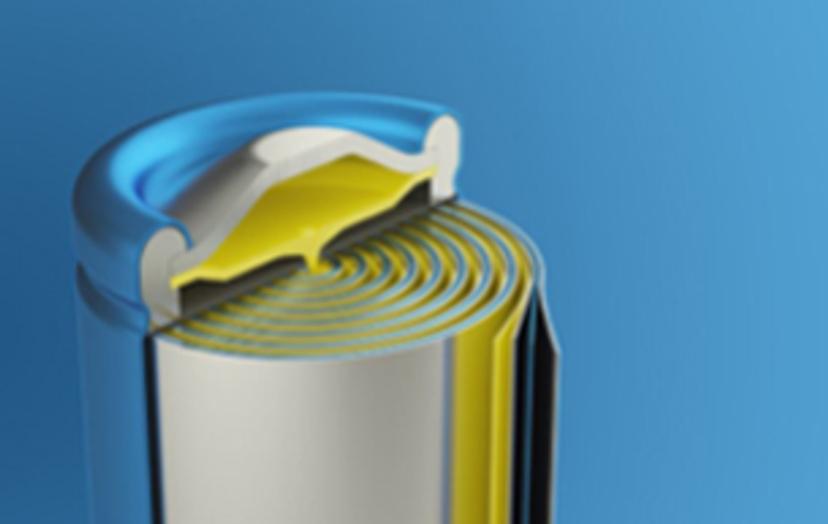
X-RAY FLUORESCENCE: Perform elemental composition analysis of cathode materials
LiFePO4 (LFP) is a cathode used by the lithium-ion battery industry. Find out how XRF spectroscopy can be applied to effectively analyze LiFePO4 cathode manufacturing, from the raw material to the final product with Malvern Panalytical.

ONE SYSTEM FITS ALL: How to analyze macromolecules without compromises
In this video, discover how to overcome key challenges associated with the analysis of very small and large macromolecules with Tosoh, as they present the latest in light scattering hardware and software, to assist in all applications.
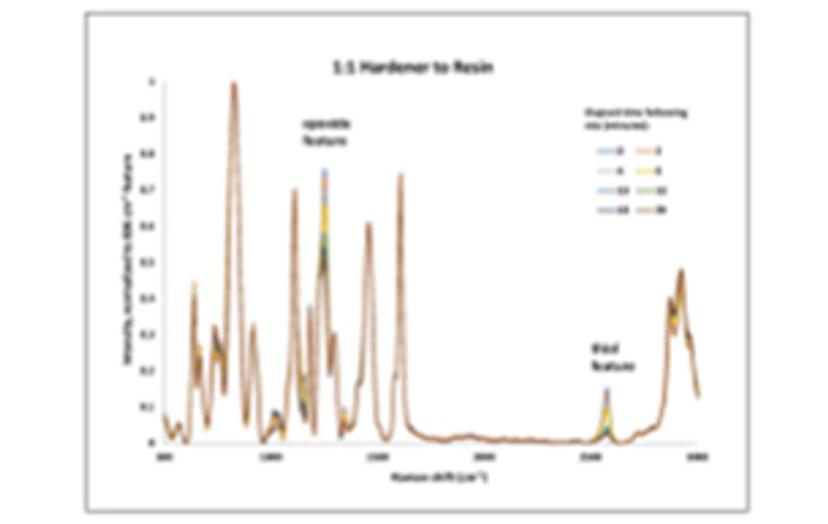
RAMAN SPECTROSCOPY: Effective reaction advancement monitoring in real time
Epoxy refers to epoxy resins, both individual components and cured results. Discover how Raman spectroscopy can elucidate the details of the curing process in real time, and learn how this can be extended to other types of reactive processes, with Ocean Insight.

WEBINAR SERIES: Trends vs. hypes in atomic force microscopy
Nanoscience has become a fast-growing field of study with a tremendous impact on our lives. Watch this webinar series to discover the benefits of AFM, learn how to generate the best possible data, and explore key features to holistically address the state-of-the-art in AFM with Park Systems.
More resources for materials characterization:
Explore our new interactive atomic spectroscopy content hub, featuring inductively coupled plasma atomic emission spectroscopy (ICP-OES), inductively coupled plasma mass spectrometry, (ICP-MS), and inductively coupled plasma triple quadrupole mass spectrometry (ICP-QQQ).
In this exclusive buying guide, discover the key factors and application considerations when looking to buy new columns. Plus, read impartial reviews to gain insights from industry-leading professionals.
In this application eBook, we review the literature for some of the most advanced Fourier-transform infrared (FTIR) spectroscopy products, and explore cutting-edge research across a diverse range of fields.
Download this expert guide on the fundamental principles of preparative liquid chromatography (LC), and learn top tips on how to seamlessly scale-up and transition from analytical to preparative LC.
Your recommendations
Take a look at what other researchers and scientists all over the world are saying about the latest equipment and technologies in materials characterization. Here, Alan Aguirre-soto, professor at Monterrey Institute of Technology, shares his opinion of the QE Pro Spectrometer - High-sensitivity Spectrometer by Ocean Insight.
